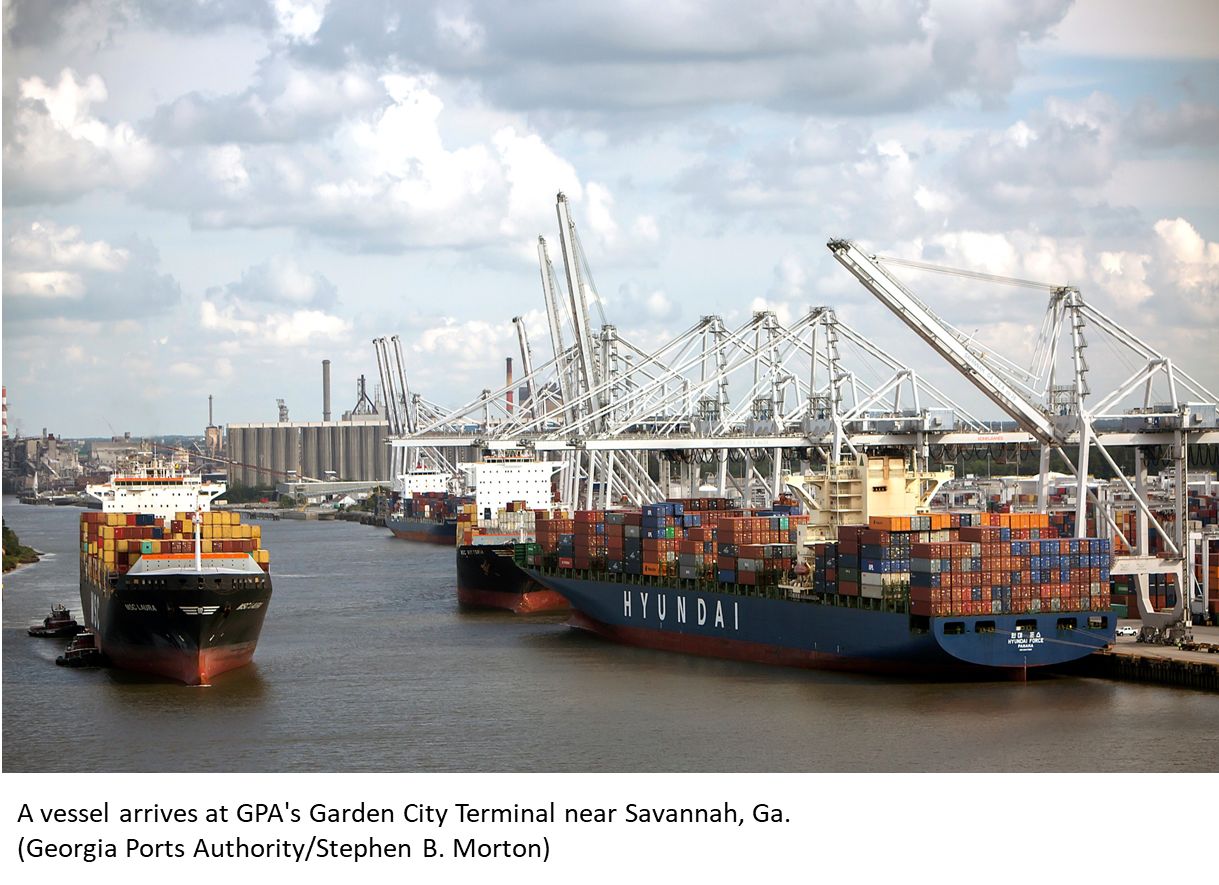Analysis

June 10, 2025
Tariffs, ample domestic supply cause importers to shift or cancel HR import orders
Written by Kristen DiLandro
Subdued demand is causing importers to cancel hot-rolled (HR) coil orders and renegotiate the terms of shipments currently enroute to the US, importers say.
An executive for a large overseas mill said customers might find it difficult to justify making imports buys after US President Donald Trump doubled the 25% Section 232 tariff on imported steel and aluminum to 50%.
“For importers to pay the FOB export price, plus 50%, plus freight, the cost will be well above domestic transaction spot pricing today, which I have at $800-$840/short ton,” he said.
He went so far as to question whether the US still needed HR imports. In the meantime, “HRC offers have stopped. The main exercise today is renegotiating existing orders. Domestically, there is ample new capacity of HRC in this country – SDI Sinton, Big River 2, BlueScope expansion, and Nucor West Virginia.”
SMU has a list of new HR capacity, including those mills, here. Note that Nucor West Virginia is not expected to make its first coil until the fourth quarter.
The foreign mill executive gave the example of prices for Korean HR imports to the US in light of the latest US tariff policies.
“Before the first 25%, imports from Korea, for example, were around $620/st. After the March 12 tariff of 25%, the Korean number went up to $760-$780/st,” he said.
Recall that the Trump administration on March 12 replaced South Korea’s Section 232 quota with a 25% tariff. When the quota was in effect, South Korean steel had faced no tariff. The tariff was increased to 50% last week.
“Then, with not much happening, the Korean number started to come down a little, maybe to $720. They didn’t sell much, if anything. Now, at 50% tariff, I’m not sure. I have not heard what their new number is,” the mill executive said.
On the West Coast, a distributor offered similar sentiments.
“As for imports, we just canceled a big order we’d recently placed with a South Korean mill after the administration doubled the tariffs. We’ve swung back to the domestic side of the house,” said the distributor.
The West Coast distributor contends that the market for imported HRC could be restored pending negotiations between the US and other countries.
“I think until they start getting some trade agreements with some countries, imports aren’t going to fare very well. As for Korean material, I’m not sure the new (Korean) president is going to be as ready to negotiate with the Trump administration. We’ll see,” he said.
He also says his situation is not unique. Most steel importers are filling orders with domestically produced HRC. “Right now, I believe a lot of people have done like we have and moved back to domestics.”
According to data from the International Trade Administration, May’s import licenses for flat-rolled steel imports reflected an 11% rebound following the four-year low in April. There is not enough data available for June to draw any conclusion on how import volumes for this month are shaping up.







